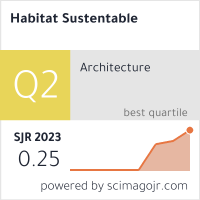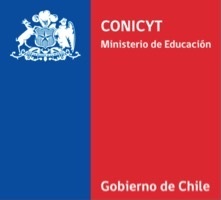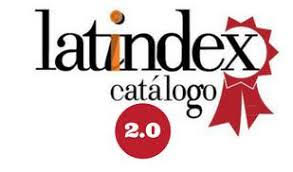Policies to reduce residential energy consumption in Región Metropolitana of Chile, by socio-economic status and home type
Keywords:
Thermal comfort, liveability, public policies, energy efficiencyAbstract
The objective underlying the present study is to present the performance of existing dwellings in Región Metropolitana of Chile, which were constructed before 2000. Consequently, the study proposes a public-private policy to improve the thermal conditions of the dwellings. To evaluate the performance a matrix containing thirty two dwelling typologies was made and analysed in terms of: absolute energy consumption, relative energy reduction and payback period. As well, the evaluation was made in three different scenarios; Base Case, Regulation Case and Energy Efficient Case. Finally, the results were analysed in terms of three different income economic groups. The results demonstrated that an Energy Efficient Refurbishment is more cost-effective than a Regulation Refurbishment. At the same time, increasing the energy efficiency in houses could contribute to: decrease health problems, fuel poverty and also the energy demand of the country. It was also concluded that a public incentive for the high income economic group, would generate a large private investment. Therefore have a big decrease in fuel import and production savings, with this saving it is possible to pay 66% of the total public subsidy for the refurbishment programme.
Downloads
Downloads
Published
How to Cite
Issue
Section
License
The content of articles which are published in each edition of Habitat Sustentable, is the exclusive responsibility of the author(s) and does not necessarily represent the thinking or compromise the opinion of University of the Bio-Bio.
The author(s) conserve their copyright and guarantee to the journal, the right of first publication of their work. This will simultaneously be subject to the Creative Commons Recognition License CC BY-SA, which allows others to share-copy, transform or create new materials from this work for non-commercial purposes, as long as they recognize authorship and the first publication in this journal, and its new creations are under a license with the same terms.











 Scientific Information Program/Concurso Fondos de Publicación de Revistas Científicas 2018/ Proyecto Mejoramiento de Visibilidad de Revistas UBB (Código:FP180007).
Scientific Information Program/Concurso Fondos de Publicación de Revistas Científicas 2018/ Proyecto Mejoramiento de Visibilidad de Revistas UBB (Código:FP180007).





